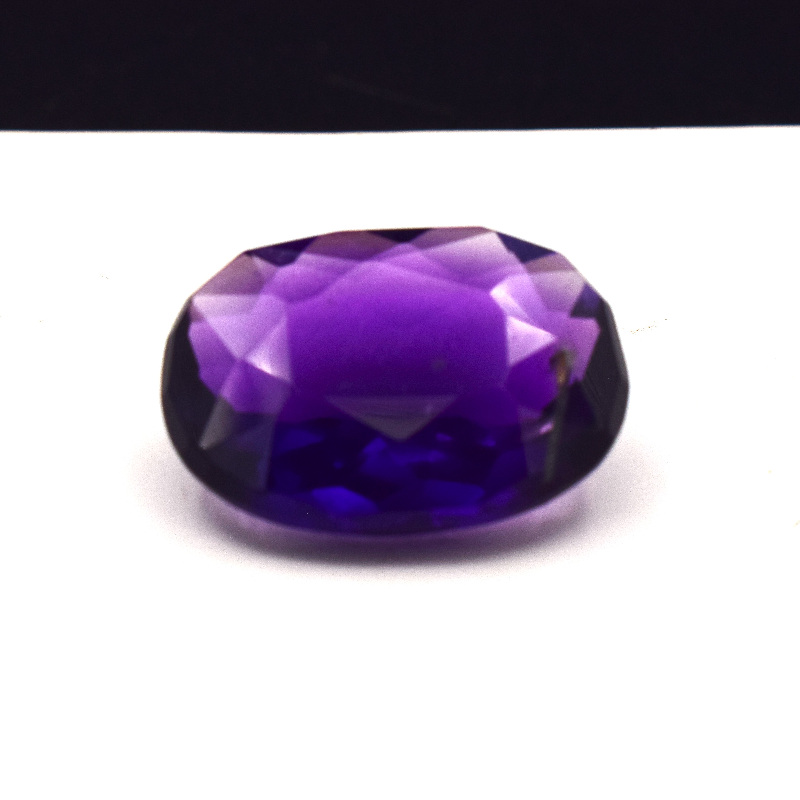Natural Amethyst:
Step into a world of enchantment with our Natural Amethyst Gemstone Collection, where the allure of purple reigns supreme. Each piece in this exquisite collection captures the mesmerizing beauty of amethyst. A gemstone revered for its regal hue and spiritual significance.
Historical Significance February birthstone
Amethyst was as expensive as ruby and emerald until the 19th Century; however, when Brazil’s large deposits were discovered, its status began to change. Additionally, it was believed to prevent intoxication—amethystos means “not drunk” in ancient Greek. Today, as the most valued quartz variety, it is not only in demand for designer pieces but also for mass-market jewelry alike. Furthermore, its purple to pastel hues retain wide consumer appeal.
Because of its wine-like color, early Greek legends associated amethyst with Dionysus, the god of wine and pleasure. Similarly, the Romans called him Bacchus. Moreover, other legends reflected beliefs that it kept its wearer clear-headed and quick-witted in battle and in business affairs. Consequently, because it was associated with wine, it was believed that wearing it prevented drunkenness.
Fine amethysts have been set in religious jewelry and royal crown jewels for ages. It was once considered equal in value to ruby, emerald, and sapphire. It’s no wonder that fine amethyst adorns the fingers of bishops as well as the coronation regalia of British royalty.
Amethyst:
This is a violet variety of quartz. The name comes from the Koine Greek αμέθυστος amethystos from α- a-, “not” and μεθύσκω (Ancient Greek) methysko / μεθώ metho (Modern Greek), “intoxicate”, a reference to the belief that the stone protected its owner from drunkenness. Ancient Greeks wore and carved drinking vessels from it in the belief that it would prevent intoxication.
It is usually transparent, but can also be translucent or opaque. It is a semiprecious gem that comes in many colors, including light lavender, pale violet, deep purple, red, and blue.It is the birthstone for February and is associated with the zodiac signs Virgo, Sagittarius, Capricorn, Aquarius, and Pisces.
The first step in amethyst receiving its purple color begins during crystal growth. That is when trace amounts of iron are incorporated into a growing quartz crystal. After crystallization, gamma rays, emitted by radioactive materials within the host rock, irradiate the iron to produce the purple color.The intensity of amethyst’s purple color can vary from one part of the crystal to another. These color variations, known as “color zoning,” are caused by varying amounts of iron being incorporated into the crystal during different stages of crystal growth.

Reviews
There are no reviews yet.